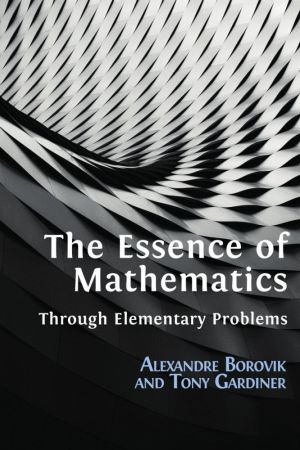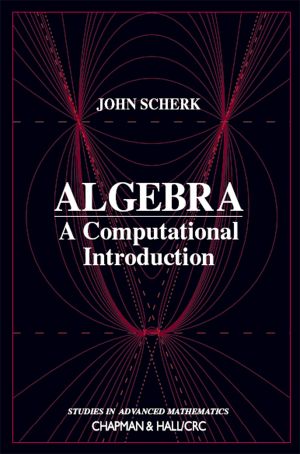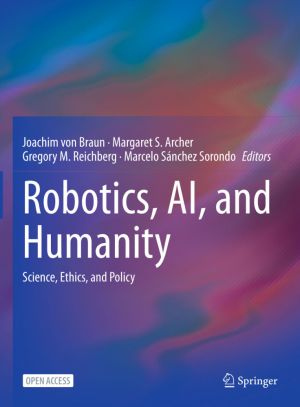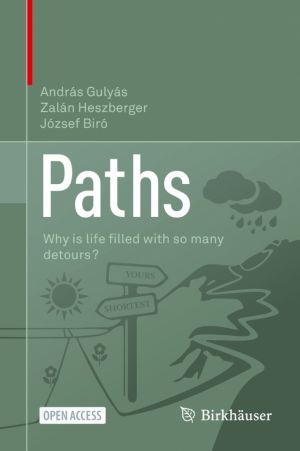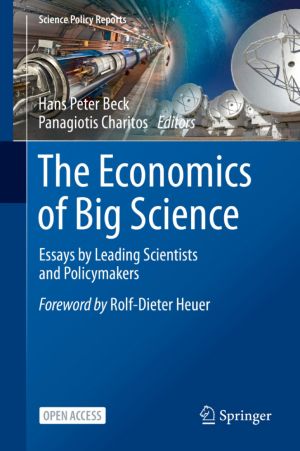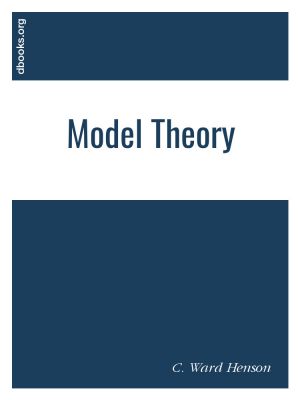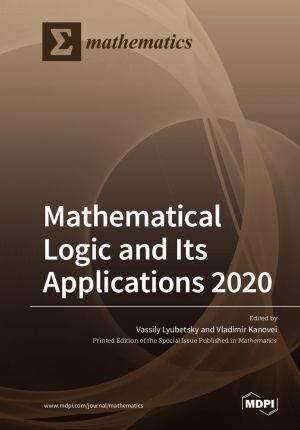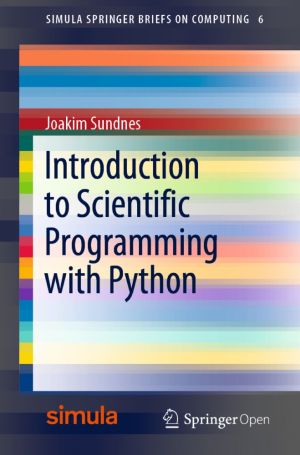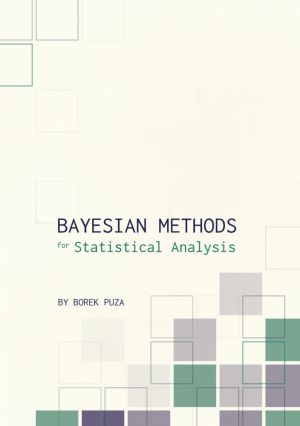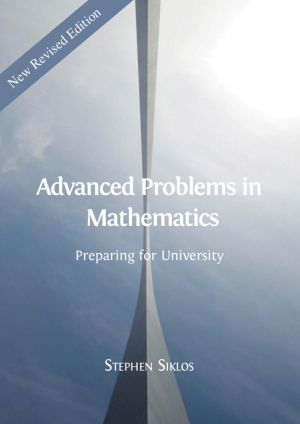Science and Mathematics
Free Download Open Books
by Alexandre Borovik, Tony Gardiner
It is increasingly clear that the shapes of reality - whether of the natural world, or of the built environment - are in some profound sense mathematical. Therefore it would benefit students and educated adults to understand what makes mathematics itself 'tick', and to appreciate why its shapes, patterns and formulae provide us with preci...
by John Scherk
This open book is an introduction to algebra for undergraduates who are interested in careers which require a strong background in mathematics. It will benefit students studying computer science and physical sciences, who plan to teach mathematics in schools, or to work in industry or finance. The book assumes that the reader has a solid background...
by Joachim von Braun, Margaret S. Archer, Gregory M. Reichberg, Marcelo Sánchez Sorondo
This open book examines recent advances in how artificial intelligence (AI) and robotics have elicited widespread debate over their benefits and drawbacks for humanity. The emergent technologies have for instance implications within medicine and health care, employment, transport, manufacturing, agriculture, and armed conflict. While there has been...
by András Gulyás, Zalán Heszberger, József Biró
This open access book explores the amazing similarity between paths taken by people and many other things in life, and its impact on the way we live, teach and learn. Offering insights into the new scientific field of paths as part of the science of networks, it entertainingly describes the universal nature of paths in large networked structures. ...
by Hans Peter Beck, Panagiotis Charitos
The essays in this open access volume identify the key ingredients for success in capitalizing on public investments in scientific projects and the development of large-scale research infrastructures.Investment in science – whether in education and training or through public funding for developing new research tools and technologies – is a cruc...
by C. Ward Henson
The purpose of the book is to give a thorough introduction to the methods of model theory for first order logic. Model theory is the branch of logic that deals with mathematical structures and the formal languages they interpret. First order logic is the most important formal language and its model theory is a rich and interesting subject with sign...
by Vassily Lyubetsky, Vladimir Kanovei
The issue "Mathematical Logic and Its Applications 2020" contains articles related to the following three directions: I. Descriptive Set Theory (3 articles). Solutions for long-standing problems, including those of A. Tarski and H. Friedman, are presented. II. Exact combinatorial optimization algorithms, in which the complexity rela...
by Joakim Sundnes
This open book offers an initial introduction to programming for scientific and computational applications using the Python programming language. The presentation style is compact and example-based, making it suitable for students and researchers with little or no prior experience in programming. The book uses relevant examples from mathematics a...
by Borek Puza
Bayesian methods for statistical analysis is a book on statistical methods for analysing a wide variety of data. The book consists of 12 chapters, starting with basic concepts and covering numerous topics, including Bayesian estimation, decision theory, prediction, hypothesis testing, hierarchical models, Markov chain Monte Carlo methods, finite po...
by Stephen Siklos
This new and expanded edition is intended to help candidates prepare for entrance examinations in mathematics and scientific subjects, including STEP (Sixth Term Examination Paper). STEP is an examination used by Cambridge Colleges for conditional offers in mathematics. They are also used by some other UK universities and many mathematics departmen...

